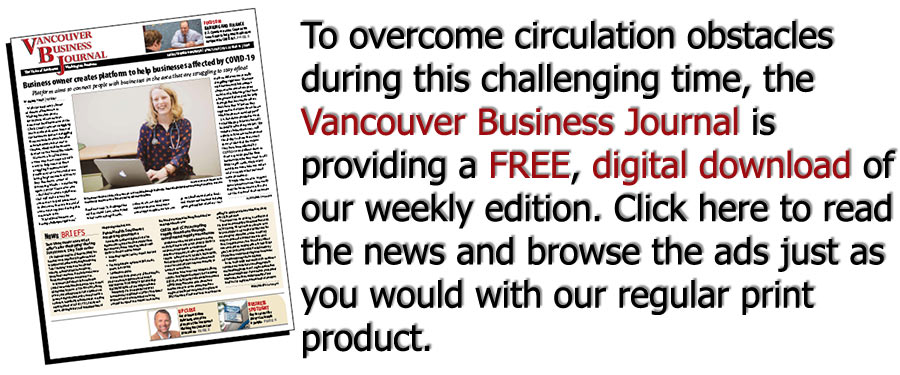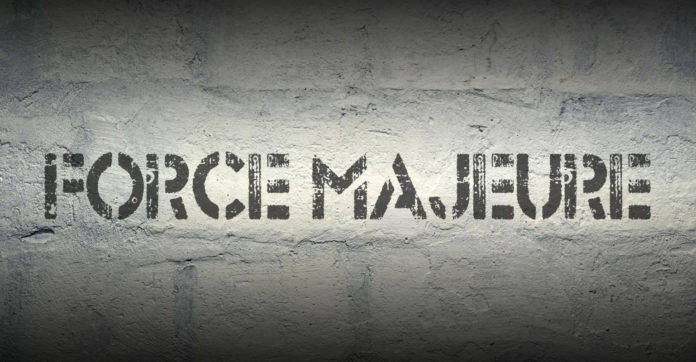

The spread of COVID-19 has significantly disrupted a wide range of business contracts in Southwest Washington. The virus, and government restrictions on work and travel to contain it, has created challenges for business across many different industries. In the coming days, many businesses will need to determine whether the pandemic and its secondary impacts excuse delays or nonperformance under a contract. Many businesses will likely find themselves on both sides of this issue, as both promisor and promisee, depending on the circumstance. The answer to whether COVID19 excuses performance will turn on the specific contract language and the specific facts at issue.
Impossibility/Impracticability of Performance Defense
One recognized justification for not performing an obligation under a contract is impossibility of performance. In Washington, the courts have held that “impossibility” includes not only literal impossibility but also impracticability arising from, through no fault of the party seeking relief, extreme and unreasonable difficulty, expense, injury or loss. When such a situation arises, the doctrine of impossibility excuses a party from performing duties otherwise required by a contract. It is, however, a very high bar to satisfy this defense. The mere fact that a contract becomes more difficult or more expensive than originally anticipated does not justify setting it aside under the doctrine of impossibility.
When an unforeseen government order — for example, to “shelter in place” — is issued and it prevents a party from performing its obligations under a contract, the doctrine of impossibility may be implicated. In that case, the party may be given more time to perform or in some cases be excused from performing. But if the order merely makes performance of the contract more burdensome or expensive — for example, under a social-distancing order — it likely will not satisfy the requirements of the doctrine of impossibility.
Force Majeure Clause
Many contracts contain force majeure clauses that expand on the impossibility defense. Such a clause often excuses performance under the contract when it might not otherwise be excused if the contract did not contain such a clause. The obligations that are excused or not excused depend on the specific terms of each contract. Most force majeure clauses set out specific triggering events, which vary by contract. Common triggering events relevant to the COVID19 crisis include:
- Epidemic / pandemic / viral or communicable disease outbreak
- Quarantines
- Lack of or inability to obtain fuel, power, components, or materials
- Disruption of supply chains
- Disruption of transportation systems
- Disruption of labor force
- National emergency
- Act, order, or requirement of any governmental authority
- “Act of God”
- A “catchall” phrase such as “or other similar causes beyond the party’s control”
Businesses should review their contracts closely to determine which triggering events are listed within the contracts’ force majeure clauses. For example, has a business’s workforce fallen ill, or been advised or mandated to stay home? Has a facility been ordered closed by the government, or is procurement of supplies merely more expensive? Has an event space closed or travel become ill advised or prohibited?
In addition, a force majeure clause typically sets out the threshold of interference that must exist before the clause is triggered. Typical phrases include “prevents,” “renders impossible” and “substantially hinders.” Whether COVID-19 meets the requisite threshold of impact depends on the factual circumstances at issue, the wording of the force majeure clause, and the obligation that the party seeks to be excused from.
Further, COVID-19 must have an actual and direct impact on the relying party’s ability to perform its contractual obligation. Indirect impacts of COVID-19, such as pricing fluctuations, are less likely to be found to have prevented contractual performance.
Notice and Evidence Requirements
Force majeure clauses often have notice requirements. A business seeking to rely on a force majeure clause should determine what notice and supporting documentation is required under its contract, as well as any timing or other requirements.
Even if there is no formal requirement to provide notice or documentation as part of a contract, a business is still wise to document the impacts of COVID-19 on its ability to meet contractual obligations as well as efforts to avoid and mitigate those impacts. This documentation will be useful in the event of a dispute and may also help avoid disputes if shared voluntarily with the other party in some circumstances.
Mitigation
A business seeking to rely on COVID-19 under either an impossibility defense or a force majeure clause must keep in mind its obligations to avoid and mitigate foreseeable impacts. Some contracts will specify the requisite level of mitigation efforts to be taken by the business, but even when the contract is silent, courts will be more reluctant to recognize COVID-19 as an excusing event if the impacts to the relying party were reasonably avoidable. Also, once impacted, the relying party is still obligated to take steps to mitigate the impacts.
Be Aware of and Prepared for Consequences of Seeking to Avoid Performance
Seeking to excuse performance of a contract based on the impossibility defense or a force majeure clause is a high-risk maneuver. Because of the high stakes involved, invoking such a defense often results in litigation. A business may be better served by coming to the table prepared to negotiate a mutually agreeable outcome, particularly when the contractual clause or facts are not clearly in the business’s favor.
Conclusion
Whether an impossibility defense or a force majeure clause will excuse contractual obligations turns on a number of highly factual, context-specific, nuanced factors. There is no single answer to whether COVID-19 constitutes a force majeure event excusing performance. Businesses should closely monitor, and review with their legal counsel, whether COVID-19 implicates the express triggering events listed in their contracts and the effect of those triggering events on their performance.
Joe Vance is a partner of the law firm Miller Nash Graham & Dunn. He has more than 20 years’ experience successfully representing clients in a wide variety of litigation in both state and federal court in Washington and Oregon. He can be reached by phone at 360-619-7032 or by email at joe.vance@millernash.com.




